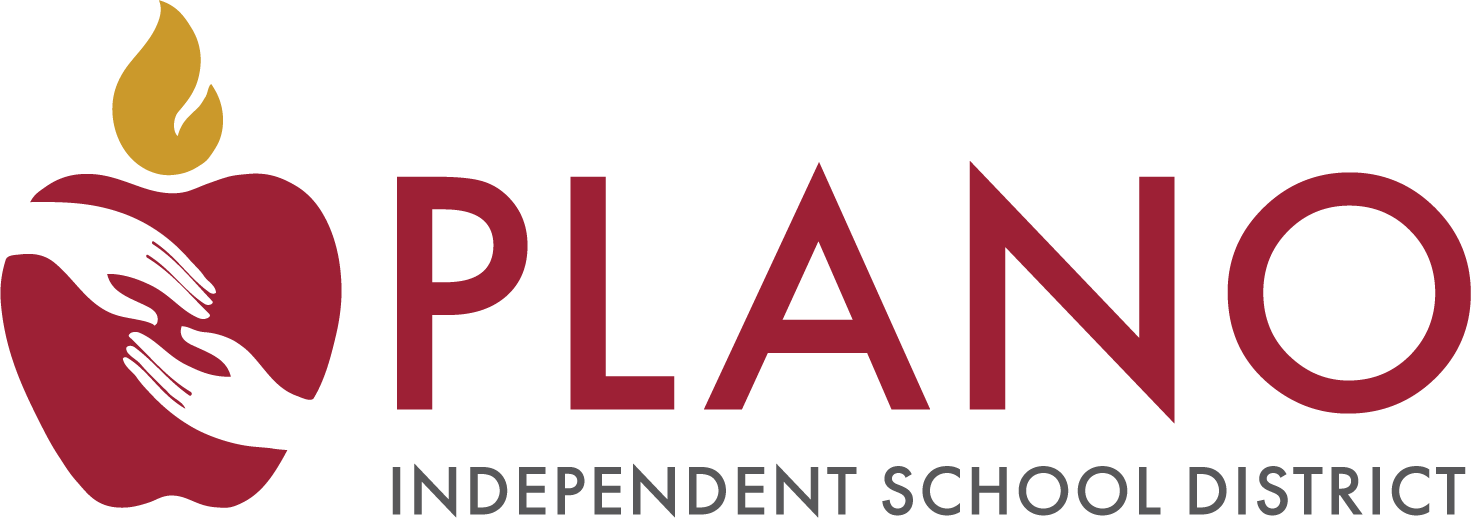| On Sunday, the Governor delivered his State of the State address and designated several emergency items for this legislative session. Emergency items are important because they outline the Governor’s priorities. The legislature is also permitted to pass legislation addressing an emergency item in the first 60 days of session, something they are otherwise constitutionally prohibited from doing. In his address, the Governor designated three major items related to education as emergency items: school choice, teacher pay, and property tax relief. Governor Abbott stated that he expects a universal education savings account program that will provide taxpayer funds to pay for private school tuition for students. The current budget proposal for this program includes enough money for just over 90,000 students. The Governor also made teacher pay an emergency item, though he endorsed the idea of spending much of the money on raises via the Teacher Incentive Allotment, a performance-based pay allotment. In another emergency item, the Governor called for $10 billion in new property tax relief, significantly higher than the $3.5 billion currently in the introduced budgets. He also advocated requiring a ⅔ majority vote for any election to issue bonds or increase property tax rates at the local level. After the Governor’s address, House Speaker Dustin Burrows indicated his support for school funding increases. He was also recently reported as directing the expected chairmen of the House budget-writing committee and public education committee to find more money for schools. Committee assignments are now expected late next week. |
|
|
| 3,670 total bills filed 722 public education bills filed 90 bills related to property tax 75 bills related to school district governance 62 bills related to school finance
|
|
|
Bills are prioritized based on the expected impact to the district or the level of public attention garnered by the bill, not based on the preferences of the district. High priority bills are either a state leadership priority, related to a Plano ISD legislative priority, would require significant resources to implement a change in district policy, practice, or procedures, or would otherwise significantly impact the district. |
|
|
EDUCATION SAVINGS ACCOUNT LEGISLATION This week, the Senate passed Senate Bill 2, their education savings account legislation. 37 amendments were offered on the Senate floor and 19 passed. Here is an updated summary of the legislation with major changes underlined. - Sets up an education savings account program to be implemented and administered by the state Comptroller
- Provides education savings accounts of $10,000, or $11,500 for students with a disability, for education-related expenses for students enrolled in a private school accredited by an organization recognized by the Texas Private School Accreditation Commission or the Texas Education Agency
- Provides education savings accounts of $2,000, or $2,500 for students with a disability, for education-related expenses for students not enrolled in an accredited private school or a public school
- All students who are eligible to attend public schools in Texas are eligible for an education savings account
- To the extent that insufficient funding is appropriated to provide an account to all eligible applicants, the bill requires that up to the first 80% of slots be reserved for students who were enrolled in public school for 90% of the prior year and have a disability or are members of a household with total annual income at or below 500% of the federal poverty level (for 2025 500% of the federal poverty level for a single parent with one child is $105,750 and 500% of the federal poverty level for a family of 6 is $215,750)
- The remaining slots are filled by lottery
- Requires any recipient of an account to ensure the student takes either the state-required assessment or a nationally norm-referenced exam and for those results to be reported
- Requires the creation of a payment system in which a parent submits a request for payment to an education service provider or vendor of educational products from the student’s account and payments are disbursed upon verification of the expense as an allowable expense
- Requires the Comptroller to post a notice, and provide the notice to applicants to the program, stating that private schools are not required to comply with federal special education laws
- Funds from an education savings account may not be used to pay for online or virtual education services
- Allows funds in an account to rollover each year, but caps this at $20,000
- Provides the Comptroller the authority to issue rules to administer the program
Other amendments to SB 2 were largely technical or clarifications. The bill now heads to the House for consideration. The House is expected to file their own education savings account legislation and many of the details of the final version of the bill will be subject to change as it continues to move through the process. PROPERTY TAX RELIEF Additionally, Senate Bill 4 and Senate Joint Resolution 2 were filed today providing for an increase in the homestead exemption from school taxes to $140,000 from $100,000. The bill also limits the hold harmless for school districts on debt service tax collections to the amount required to ensure sufficient revenue to pay outstanding bonds. This bill requires the approval of voters in a constitutional amendment election on November 4, 2025. SCHOOL FUNDING The Senate Finance Committee will have a hearing on the public education portion of the state budget, SB 1, on Monday, February 10, 2025. Watch it live here beginning at 10:00 AM or watch the recorded version here after the hearing has concluded. LEGISLATIVE PROCESS As bills begin moving through the legislative process, it is important to remember that a bill must clear several steps prior to becoming law. A bill must pass both the House and the Senate in the same form and be signed by the Governor. Additionally, legislation amends statutes that are often more general in nature and provide administrative agencies with the authority to issue rules to implement the legislation. As a result, legislation may not provide all the specific details of how a new program will work. |
|
|
Trustees and district leadership met with the last of the district’s legislative delegation this week to communicate Plano ISD’s legislative priorities for the 89th session. These productive meetings have been an opportunity to build collaborative relationships with the lawmakers who represent the Plano ISD community. In each of these meetings, the district has emphasized the need for increased funding to address inflation-created gaps so that the district can provide teacher pay raises, more funding for special education services, and more funding for school safety. The district will continue to work with the Plano ISD delegation and other lawmakers to ensure school districts have the resources they need to provide an exceptional education for all students. |
| |
|
If you were forwarded this email and you would like to be added to the distribution list for our newsletters, you can sign up here. |
|
|
|







